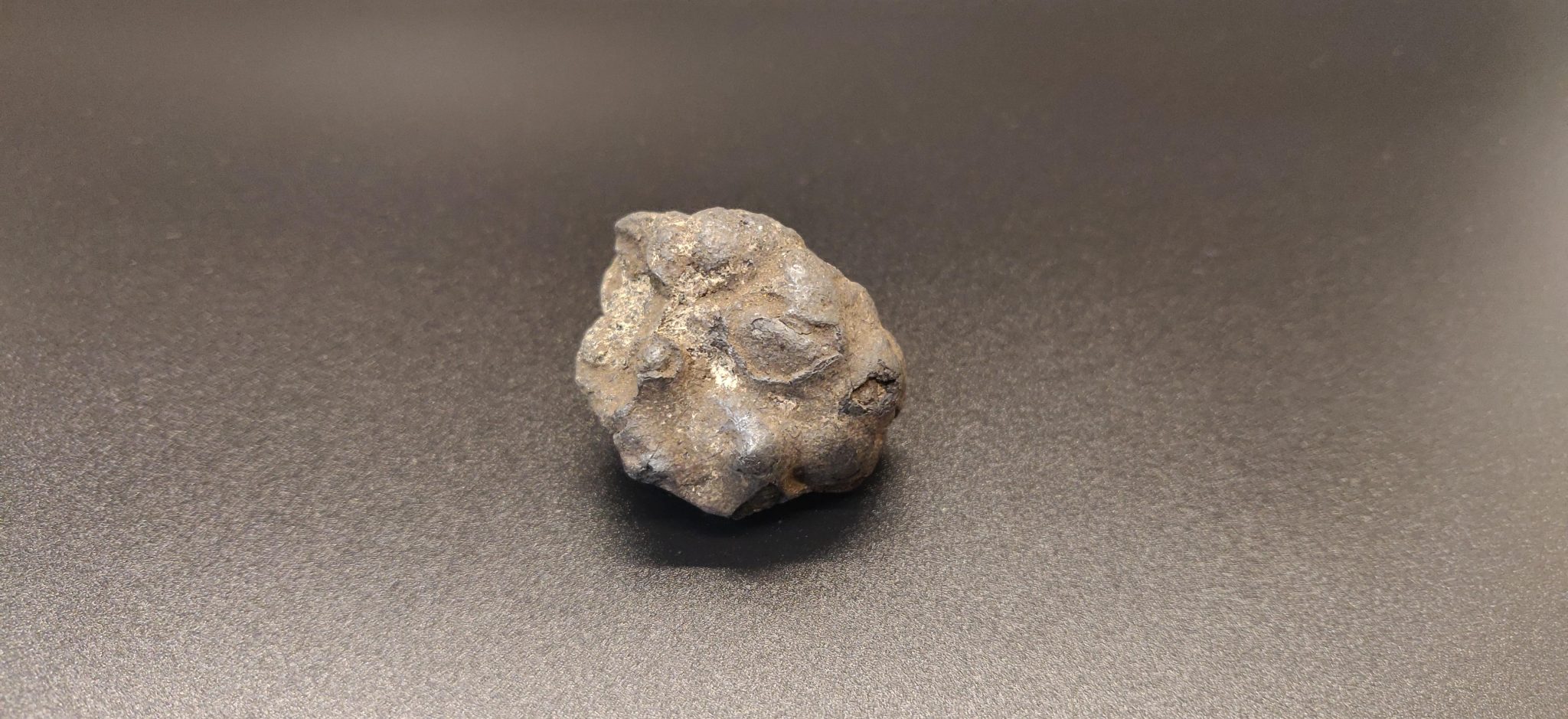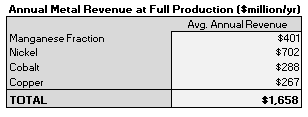As in-person negotiations on the future of exploitation in the deep ocean resume this week in Kingston Jamaica, we reflect back on the last two years of development as reported on our sister site, the Deep-sea Mining Observer. This editorial first appeared on September 30, 2021.
Opinion by Andrew Thaler, DSMO Editor-in-Chief
The International Seabed Authority published their provisional roadmap for the next two years of international negotiations, optimistically culminating with the approval of the Mining Code for polymetallic nodules in areas beyond national jurisdiction. This ambitious goal depends upon the ability to resume ISA sessions in Kingston, a scenario that continues to be unlikely, with many participants and stakeholders expressing doubt that in-person meetings will resume before boreal summer 2022.
The ISA hopes to get at least a few delegations to return to Jamaica before the end of the year. As part of their new schedule, they expect to hold a much-abridged meeting of the Assembly and Council this December. The ISA is encouraging member states to send small delegations of no more than 2 individuals or use already in-country representatives from existing permanent missions. Observers are limited to sending a single individual. Even with a smaller format, several stakeholders have expressed doubts that the ISA will be able to gather enough members for a quorum.
In order to meet the deadline of July 9, 2023 for adoption of a mining code for the exploitation of polymetallic nodules in the Area, the ISA is pushing forward a plan to double the number of in-person meetings, with two council sessions per year, totaling six weeks. The Legal and Technical Commission, who have performed the heavy lifting in 2021 through a series of remote meetings, will meet for two in-person sessions of 1 week each. The Assembly, which represents the sole opportunity for many non-member state stakeholders, including observer groups, NGOs, nations with observer status, and other representatives of civil society, will meet for a single week, as they have for the last several years. The Finance Committee will meet for three days during the second session.
The ISA leaves open the potential for a third session in late 2022 subject to need and the availability of resources.
Most surprising in the provisional plan is the complete absence of any opportunity for stakeholder input during the two years leading up to the release of the expedited mining code. Without a chance for stakeholders to provide direct feedback on a near-final draft, the ISA is placing itself in an extremely vulnerable position which could lead to the collapse of negotiations and the failure to deliver on its obligation to the international community. Given this proposed path forward, it seems all but inevitable that stakeholders should prepare for the final contingency: that a Plan of Work submitted by NORI sometime in 2023 will proceed to review without the framework of a finalized mining code.

